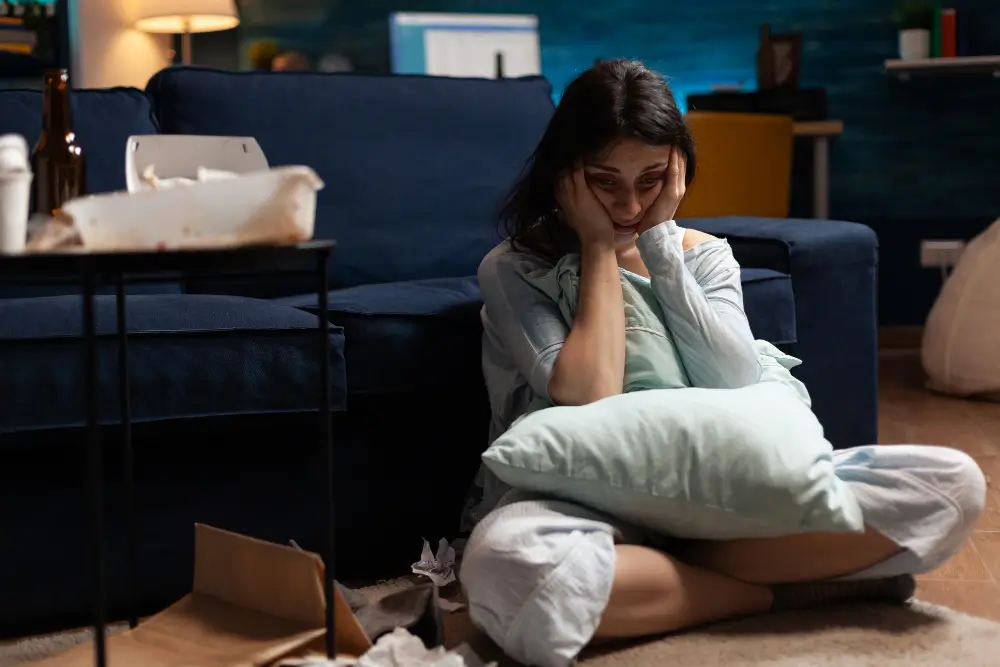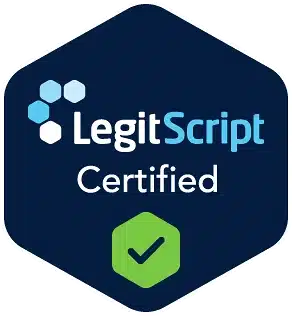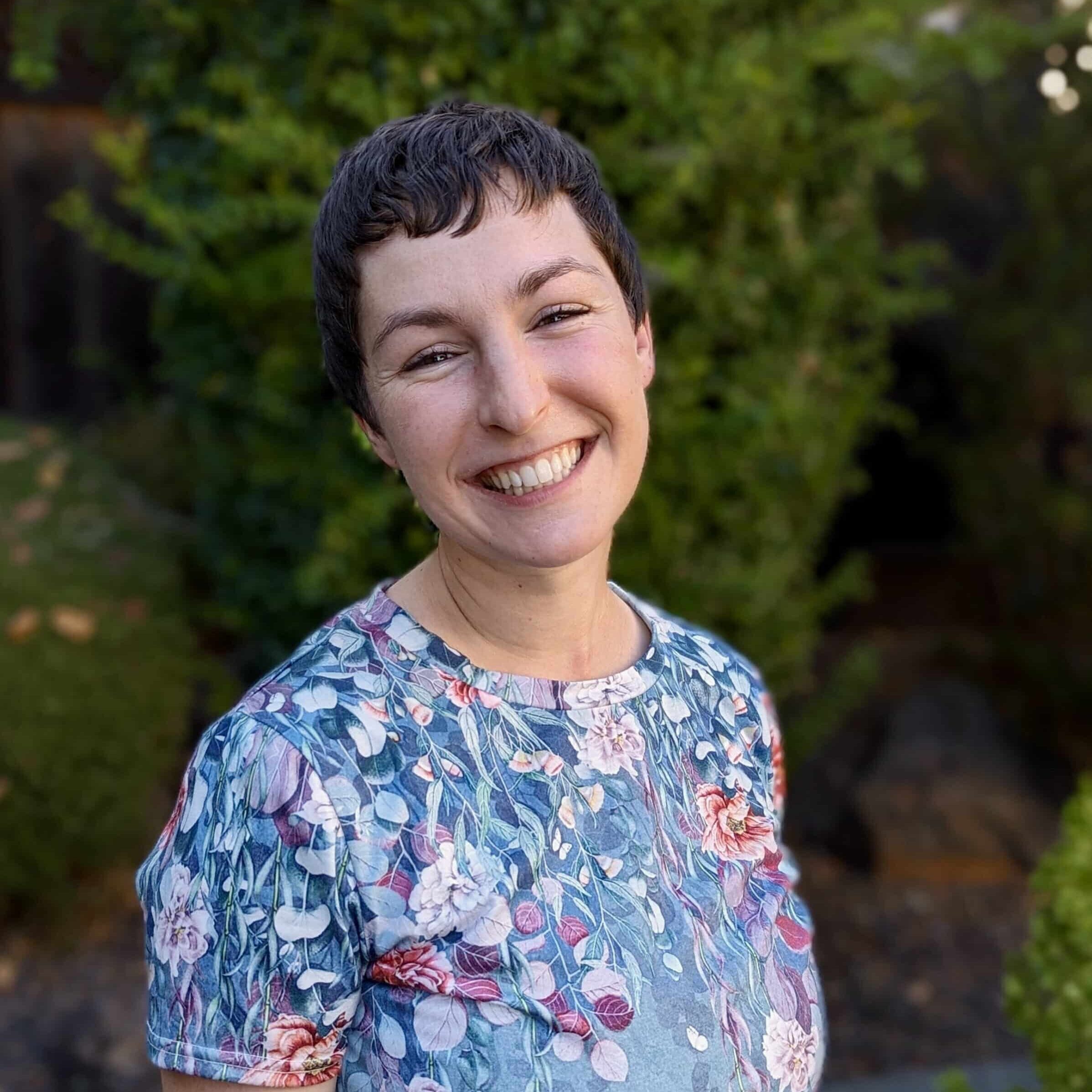
You’re not alone if you feel occasionally anxious. It’s a normal feeling of fear, dread or uneasiness tied to the stress response that helps us sense danger, prepare and pay attention.
Fear is an emotional response to the fight or flight reaction felt in a moment of immediate danger when we may feel anxiety. We may also feel anxious when we anticipate a future concern. We often tense our muscles and look for ways to avoid the upcoming event.
Most of us may be aware of various medications to help allay prolonged feelings of anxiety. But there is a non-pharmacological alternative: Holistic approaches.
Learning How to Cope with Anxiety
We all know our body’s way of sweating, feeling tense or restless or having a rapid heartbeat in response to an upcoming test or work assignment. This anxiety may be helpful by boosting your energy or helping you get focused. But it can also make it hard to function at home, at work and in social situations.
But for some, the feeling is not temporary and can happen when there are no real threats. It can involve panic attacks or feeling overwhelmed. This may be due to an anxiety disorder, requiring medical treatment and prescription anti-anxiety medications such as Benzodiazepines. They slow down the central nervous system and may cause sleepiness and a relaxed mood. Common brands include Xanax, Valium and Ativan.
But there are alternatives, the holistic approaches, part of Integrative Medicine, which can be effective for mild to moderate anxiety. Let’s explore those.
Nonpharmacological Approaches to Treating Anxiety
In the last 20 years, a lot of techniques have come to be used as alternatives to pharmacological medicines for treating anxiety. Many of them have drawn on Eastern spiritual philosophies and practices used for centuries with beneficial effects. They include:
- Make sleep a priority: Adequate rest allows healing of the body and brain which can lower anxiety
- Stay physically active and take care of your body: It is great for relieving stress and improving mood
- Stop or minimize alcohol and recreational drugs: Despite the belief these may be calming, they often increase anxiety
- Stop smoking tobacco and cut back or quit caffeinated drinks: Nicotine and caffeine can worsen anxiety
- Drink camomile tea: It is a relaxant and especially can help at night
- Eat a healthy diet: With vegetables, fruits, whole grains and fish. Cut out fast foods
- Practice deep breathing: Breathing deeply with the diaphragm can allow you to release stress and relax
- Body scanning: A process of gradually focusing on parts of the body, becoming aware of tension, stress and anxiety and then releasing it
- Focus on the present moment: Long a central part of Buddhist mindfulness meditation practice, it requires something very simple, but challenging for some: In a comfortable pose, direct your gaze down your nose and let passing thoughts or feelings come and then let them go as you focus on the present.
- Look around: Pay attention to what is in front of you. Let the rest go. Similar to the above but can be done while walking in a park.
- Give yoga a try: It’s well known to ease anxiety for some.
- Write in a journal: Maintain a record of what you feel and what makes you feel better
- Identify what triggers your anxiety: Understand what causes your stress or anxiety. Use strategies learned in therapy to manage your anxiety
- Be inquisitive: Ask questions about anxiety and how to manage it
- See people and talk: Stay connected with family and friends. Don’t let your anxiety keep you isolated
- Make a point to relax: Create a calm space at home where you can just relax
- Try aromatherapy: For some people essential oils can stimulate a relaxation response
- Visualization: A powerful technique that can help relieve the symptoms of anxiety. It uses mental imagery to achieve a more relaxed state of mind.
- Hypnosis: Can be effective for some to release stressors and connect to a positive mindset
- Biofeedback: Although research is limited, some studies suggest that biofeedback is effective in reducing anxiety symptoms
Should You Go for the Holistic Approach First?
It depends on how severe your anxiety is. For mild or moderate anxiety it can be worthwhile to try alternative holistic techniques at first for at least two weeks. Keep track of your symptoms and gauge your progress.
If you have more severe anxiety episodes, the recommended approach is to combine alternative self-care therapies with talk therapy and medications, based on the guidance of a medical professional. But no matter what, you should always check with a professional first.
How Do I Know Which Approach Works for Me?
Your feelings of anxiety will tell you. If you follow a Holistic approach keep track of your feelings and mood in your daily journal. If you notice a decrease in symptoms of anxiety, then stay with your program or add some new elements to it.
If you have decided to reach out to a medical professional or therapist for help, take medications as directed. Keep therapy appointments and complete any assignments your therapist gives you. Consistency can make a big difference, especially when it comes to taking your medication.
Typical symptoms to watch for include:
- Excessive fear or worry about a situation. Maybe a panic attack or a social situation
- Fear or worry about a wide range of situations
- Difficulty concentrating or making decisions
- Feeling irritable, tense or restless
- Nausea or upset stomach
- Racing heartbeat
- Sweating, shaking, trembling
- Difficulty sleeping
- Feeling a sense of impending danger, doom or panic
Available Help in Utah
Holistic treatment is available in Utah. If you or a loved one are looking for a compassionate space to work on issues such as anxiety, or enhance your recovery from other mental health issues or addictions, reach out to our Admissions team now at Corner Canyon Health Centers. We’re in a peaceful setting bordered by the beautiful Wasatch mountains.













